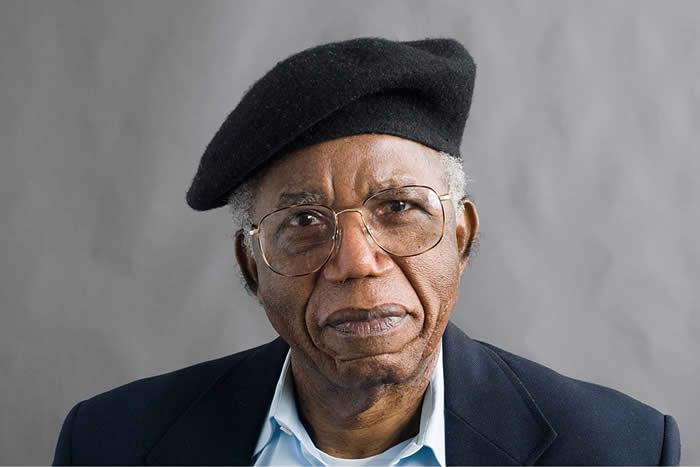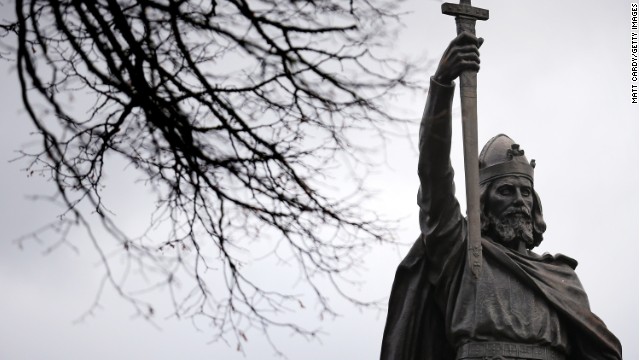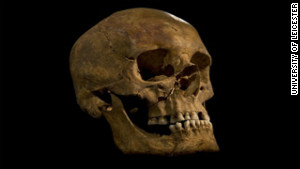 A
conversation with Chinua Achebe was a deep, slow and gracious matter.
He was exceedingly courteous and always listened and reflected before
answering. In his later years he talked even more slowly and softly,
savouring the paradoxes of life and history. He spoke in long, clear,
simple sentences which often ended in a profound and sad paradox. Then
those extraordinary eyes twinkled, his usually very solemn face would
break into a huge smile and he would chuckle.
A
conversation with Chinua Achebe was a deep, slow and gracious matter.
He was exceedingly courteous and always listened and reflected before
answering. In his later years he talked even more slowly and softly,
savouring the paradoxes of life and history. He spoke in long, clear,
simple sentences which often ended in a profound and sad paradox. Then
those extraordinary eyes twinkled, his usually very solemn face would
break into a huge smile and he would chuckle.
He had a look of
Nelson Mandela about him. Both have that ability to look very stern and
solemn and then break into a huge smile. It happened when they met each
other in South Africa, his daughter, Nwando, told me. At first the two
men just looked at each other and then burst out laughing as if
recognizing their brotherhood. Both romantic about Africa’s traditions,
they talked and talked. Mandela had read Things Fall Apart when he was in prison on Robben Island and he said of Achebe: “The writer in whose company the prison walls fell down.”
He
also shared Mandela’s care for ordinary people. I noticed how cleaners
and nurses and others who cared for him were treated as friends.
His
life was itself a paradox. He was of that first generation of ordinary
Africans to receive western education. Until then only the sons of
chiefs were sent to school. He loved and gloried in the education he had
been lucky enough to receive – a typical British public school routine
and curriculum. Nor had he any complaints about the benefits that modern
technology had brought to Africa. But he was also a fierce defender of
African traditions and the right – duty even – of all Africans to live
by them and respect them. He wanted the two cultures to meet as equals.
It was not about civilization replacing barbarism.
This was not
merely philosophical. It was personal. His father, a Christian
missionary who laboured tirelessly as a church worker and builder of
churches, encouraged his son to read – especially the Bible. His
father’s uncle however kept the traditions and when his nephew tried to
convert him, the uncle showed him the insignia of his traditional Igbo
titles – which he would have had to renounce if he became Christian.
“What shall I do to these?” he asked. Achebe interpreted these words as:
What do I do to who I am? What do I do to history?
The dilemma
which separated his father from his great uncle haunted Achebe all his
life. His books are set in the time when the old world was being
destroyed, lost or abandoned and a new world of modernity, mediated by
the West, was being imposed on Africa. His five novels trace the story
from the coming of the white man, through to Nigeria’s independence and
self government and its failure to deliver on its promises. His books
were prescient about Nigeria’s failures. In A Man of the People, published in 1966, he describes a coup – which promptly happened in reality.
Whichever way he looked at it, the British seizure and creation of what is now Nigeria was a catastrophe. In Things Fall Apart
the impetuous and uncompromising traditionalist, Okonkwo, tries to
resist the British by force and ends committing suicide in the forest.
In the next novel Arrow of God, the old keeper of the shrine, a
modest open-minded man and based on Achebe’s great uncle, tries to
engage with the white invaders, showing what might have been a coming
together of different cultures. Instead the result is the same – they
are not interested and humiliate him and destroy the shrine.
Achebe
celebrated Nigerian independence with great excitement, believing, as
most of his generation did, that a liberated Africa would soar. His
disillusionment was swift and, long before the rest of the world foresaw
the political failures of the new African states; Achebe pinpointed
them. In A Man of the People he described the African states as
a house abandoned by the colonial powers, taken over by “the smart and
the lucky and hardly ever the best”, leaving the vast majority of the
people out in the rain.
Soon after came the second agonizing
dilemma of his life. In 1967 his Igbo people, feeling persecuted and
excluded by the alliance of the northern Muslims and the Yoruba in the
west, declared independence from Nigeria. Led by Colonel Ojukwu, the
Igbo called their new country Biafra and Achebe was its chief proponent
and propagandist. The war lasted three years and left more than a
million dead. His last book, There was a Country, is an account of that war and shows Achebe to still be a staunch supporter of Biafran independence.
A
car accident in Nigeria in 1990 left him in a wheelchair and dependent
on others. He had to move to America for treatment. But his devoted wife
Christie looked after him fiercely and made very sure he did not get
mobbed by visitors or used by people who might exploit his easy going
nature.
In my book, Africa Altered States Ordinary Miracles I
used Achebe’s image of the house left behind by the imperial powers as a
theme. I then had the cheek to contact him and ask him to write a
forward. I was astounded and thrilled when he readily agreed and we got
to meet each other.
In 2009 I accompanied him on his last visit to Nigeria to make a film for the BBC.
We went to see the home that he had built for his family, complete with
its own power and water supply and a lift that would take his
wheelchair. It was close to completion and he wanted to live out his
final years there but the medical services he needed were not available
and his family persuaded him to stay in the US. Sadly that was his first and last visit to that house.
Everywhere
he went he was mobbed. We drove at frantic speed from Abuja to Owerri
accompanied by a police escort which forced everyone off the road. The
lead police Land Rover roared up the middle of the road, lights full on,
sirens wailing and police with whips lashing out at cyclists, bikers
and pedestrians as they passed. At one stage the convoy took a wrong
turning but doubled back, travelling the wrong way along a busy motorway
at night. This was the sort of behavior that Achebe had denounced in
his 1983 tirade The Trouble with Nigeria. I pointed this out to
him. He gave me a rueful smile and shook his head sadly. His son Chide,
a distinguished doctor in America, tried unsuccessfully to persuade
them to go a little more slowly and be less violent.

